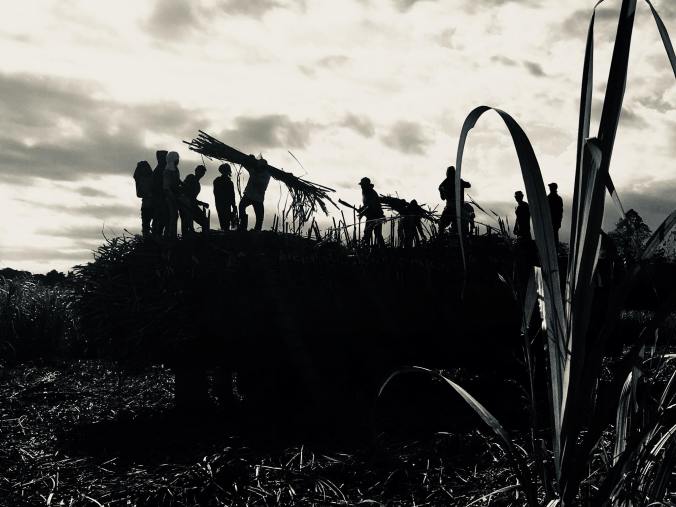
President Duterte’s Tax Reform Acceleration and Inclusion (TRAIN) Law is expected to exacerbate the crisis in the Philippine Sugar Industry.
This will surely lead to further impovershipment of sugar field and mill workers. A genuine agrarian reform program and national industrialization are the only remedies for the ailing industry and for ensuring the growth of the Philippine economy that will benefit the Filipino people.
In the first place, the more than 780,000 field and 25,000 mill workers in the sugar industry are already exempted from paying income tax and would not benefit from TRAIN. This is especially true for the former, who only earn an average of P50,000 annually or around P4,000/month.
Instead, the effect of TRAIN will be an added burden to them because its provisions will increase the Value Added Tax (VAT) on low cost housing, gasoline products including LPG and sugary drinks.
This will lower the consumption of sugar, which will further decrease sugarworkers’ already low wages. This may even lead to dismissal from their jobs especially in the next cropping season starting October this year.
The TRAIN is just one of the many neoliberal policies followed by Duterte and previous governments that favor the interests of big foreign businesses over those of the Filipino working people.
TRAIN was recommended by the Partnership for Growth (PFG) of the US with the Joint Foreign Chambers of Commerce (JFCC) to the US-Duterte regime. This to make a comprehensive tax reform in order to lower the corporate income tax and individual taxable income, while increasing the VAT, ACT (alcohol, cigarretes and tobacco), and fuel excise tax. It would lower or take away small taxes and other fees that increase the costs of businesses.
TRAIN also compounded the ill effects of neoliberal policies implemented during the Aquino administration, which reduced the tariff for imported sugarcane from 38% in 2011 to just 5% in December 2015.
This has increased the importation of cheaper cane sugar and sugar substitutes like HFCS and bioethanol.
Last year, even hacienderos planting sugarcanes experienced losses due to the entry of High Fructose Corn Syrup (HFCS) into the country. These were used primarily by softdrink giants, Coke and Pepsi, causing the price of sugarcane to go down.
At the start of the present Crop Year (CY) 2017-18, the mill gate price of sugar on September 2017 was only P1,370/Lkg. or for every 50 kilos. This was much lower than last year’s CY 2016-2017 which was P1,800/Lkg.
This even further diminished to just P1,175/Lkg at the end of December 2017, even when the Sugar Regulatory Administration (SRA) issued out Sugar Order No. 3 on February 2017 in order to discourage the importation of HFCS.
From January to July 2017, the Philippines also imported 132 million liters of bioethanol from the US, an increase of 25% during the same period in 2016. Majority of the latter up to now is still imported from the US even if it can be produced locally from sugar and mollasses.
The failure of past administrations to truly uplift the socio-economic situation of sugarworkers all over the country has given the National Federation of Sugar Workers (NFSW) reason to believe that it is only through genuine agrarian reform and national industrialization can the sugar industry be salvaged from crisis. It also through such pro-people programs can we ensure economic development for all.
It is clear that sugarworkers cannot rely on the US-Duterte regime to attain any kind of progress. Thus, the NFSW will continue to expand its land cultivation areas (LCAs) in all of the haciendas nationwide. NFSW is steadfast in improving the economic well-being of sugar workers through raising their political consciousness, strenghtening their ranks, and continuing their struggles based on their collective efforts in order to dismantle the semi-feudal reign of big hacienderos, millers, and traders.